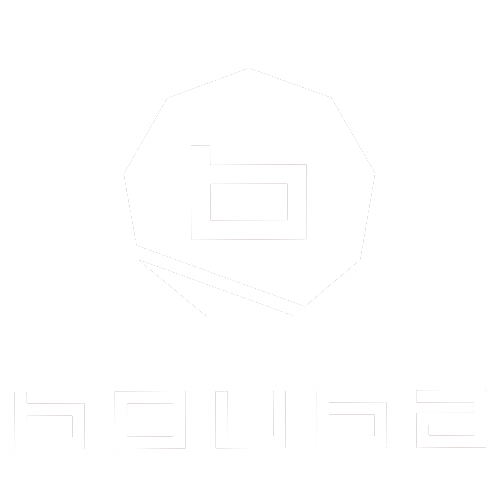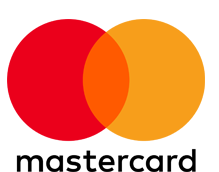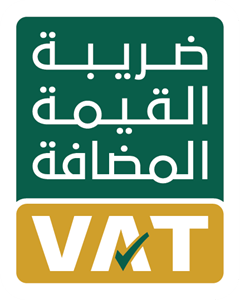Recognizes Growth and Development
Reflecting on your journey allows you to recognize how far you have come since the beginning of the course. This acknowledgment of growth is vital for building self-confidence and motivation for future challenges.
Enhances Learning
Reflection deepens your understanding of the material learned throughout the course. By considering how concepts apply to real-life situations, you reinforce your knowledge and improve retention.
Identifies Strengths and Weaknesses
Analyzing your experiences helps you identify strengths that you can leverage in future endeavors as well as areas that require improvement. This self-awareness is crucial for personal and professional development.
Informs Future Goals
Reflecting on your journey provides insights into your interests and career aspirations. This understanding can guide you in setting specific, achievable goals for your future studies or career path.
Promotes Lifelong Learning
Engaging in reflection cultivates a mindset of continuous improvement. It encourages you to embrace challenges and view learning as an ongoing journey rather than a destination.






